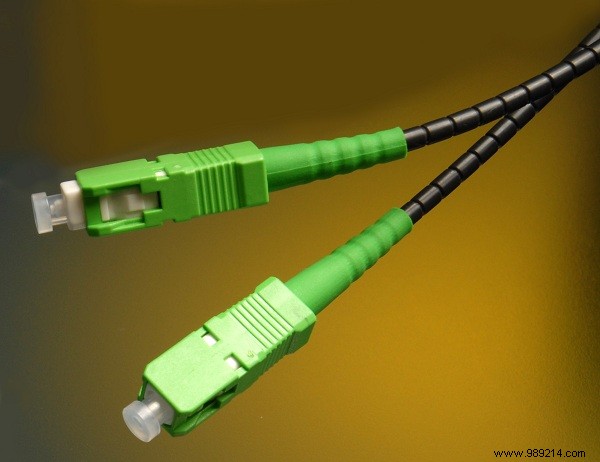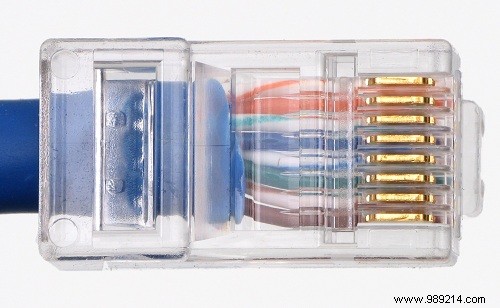Since its introduction, fiber optic internet has been hailed as an innovation that would dramatically advance broadband speeds. Years later, we see that prophecy being fulfilled, with internet connections equating to 100 Mbps download, many of them reaching speeds much higher than that (i.e. 1-10 Gbps). What most people don't understand, however, is why these speeds are achievable in fiber but not necessarily practical in the old copper infrastructure we've relied on for decades. Perhaps this is something we need to discuss in order to fully understand why fiber optic internet is so beneficial to consumers and businesses.
I can't just come out and tell you why fiber optic connections are faster than anything copper can provide without giving you the details of how each works. Both have one important thing in common:they send signals over a particular distance. However, the way they send this signal is different.
Optical fiber
Have you ever seen those lamps used at parties that have wisps of shiny "hair"? When you turn on the lamp, the ends of each strand will light up, but anything other than the end will remain off.

Copper
Copper communication works by sending electrical pulses through a copper wire. It's so simple. The strength of the signal dictates how much will be retained by the time it reaches its destination. At the destination (eg the router), the electromagnetic field of the wire is constantly monitored for changes. As the field strengthens, the destination registers a "1". If it drops below a certain measurement, a "0" is recorded.
Copper cables must have multiple wires built into them to accommodate the mechanisms that allow Ethernet routers to properly process signals.

Copper suffers from a major signal loss problem. To accurately read a signal, you need to know the exact moment the signal stopped and the exact moment it started. When a signal is forced to travel further, the difference between a start and a stop (zero and one) becomes very blurry. Copper is best used to maintain continuous electrical current as it is an excellent conductor. However, for signage, it remains a very poor material. It's still great for LANs, but not necessarily something we should be using for global communications infrastructure, given that Cat6a copper cables can lose 94% of their signal 100 meters away (it's this is the industry maximum for signal loss through copper).
Researchers have recently been able to send data at 10 Gbps over copper, but at distances no greater than 30 meters.
Fiber, on the other hand, can theoretically send terabytes per second of data without a 3% data loss over 100 meters. Two things are at stake here:signal retention and signal clarity. Not only do you know absolutely when the signal started and ended, but you receive a very strong signal through the wire. This allows communication at breakneck speeds so fast that most routing technologies still can't process them fast enough.

Through cycle of life signals , the fiber does another very important thing:it protects the signal from any electromagnetic interference. Electromagnetic fields can influence the way copper transfers data, but since optical fiber is made of extruded silica, it is magnetically neutral. If you had a perfect cable (there isn't one yet), you could theoretically send a signal across the United States without stopping along the way.
Fiber is cheap, plentiful, easy to upgrade, and very reliable. There really isn't much to say against it. Copper is no longer a profitable investment and should be retired. If you still have questions about fiber vs. copper, please leave a comment below!